Optimal Timing for Shower Installations
Understanding the optimal timing for shower installations can ensure a smooth process and lasting results. The best time often depends on factors such as weather conditions, project scope, and personal schedules. Scheduling during periods with moderate weather can reduce delays caused by extreme temperatures or adverse conditions.
Installing showers during spring or summer allows for easier access to outdoor areas and better ventilation, which can speed up drying times and reduce moisture issues.
Late spring and early fall are ideal to avoid peak construction seasons, reducing wait times and ensuring availability of materials and professionals.
Installing during mild weather minimizes the risk of weather-related delays and complications, especially in regions with unpredictable climates.
Early planning and scheduling ahead of busy seasons can help secure preferred dates and ensure project completion without rush.
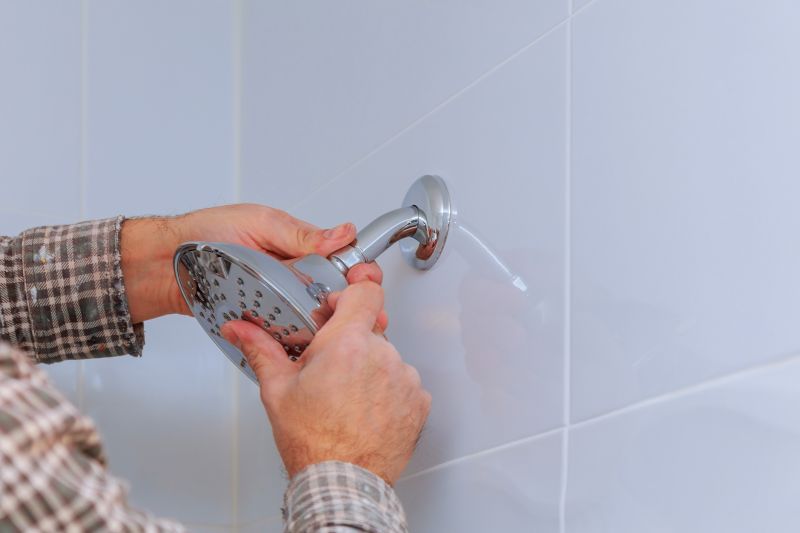
Ways to make Shower Installations work in tight or awkward layouts.
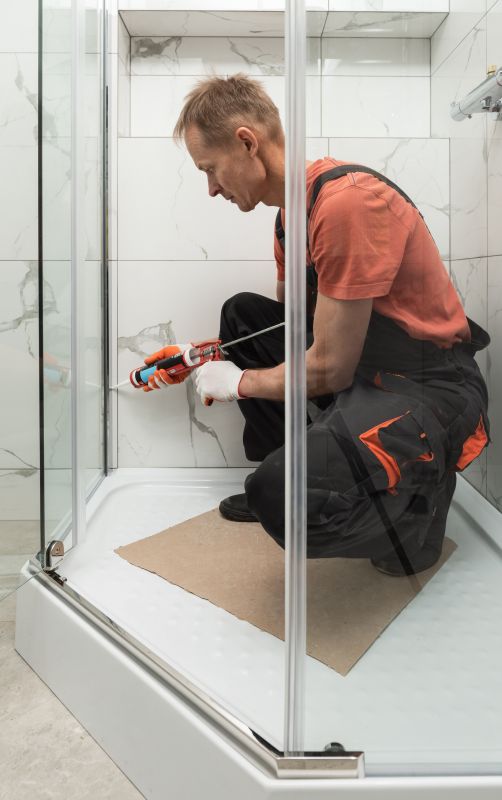
Popular materials for Shower Installations and why they hold up over time.
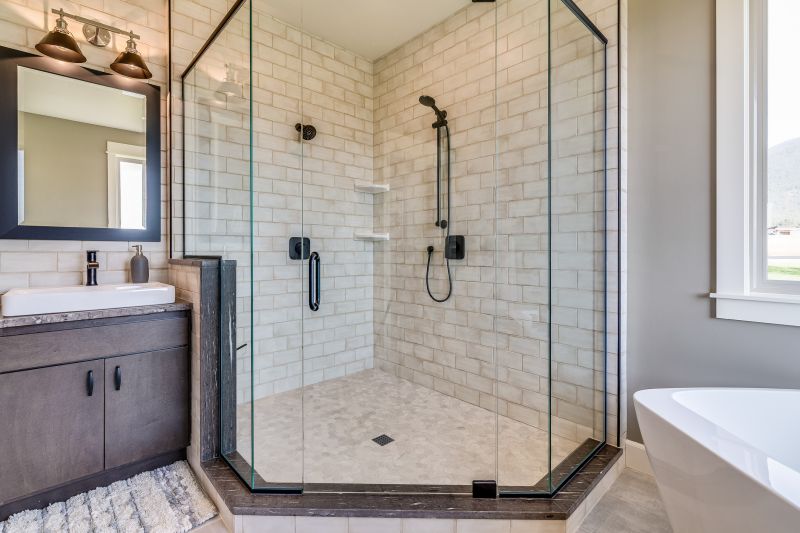
Simple add-ons that improve Shower Installations without blowing the budget.
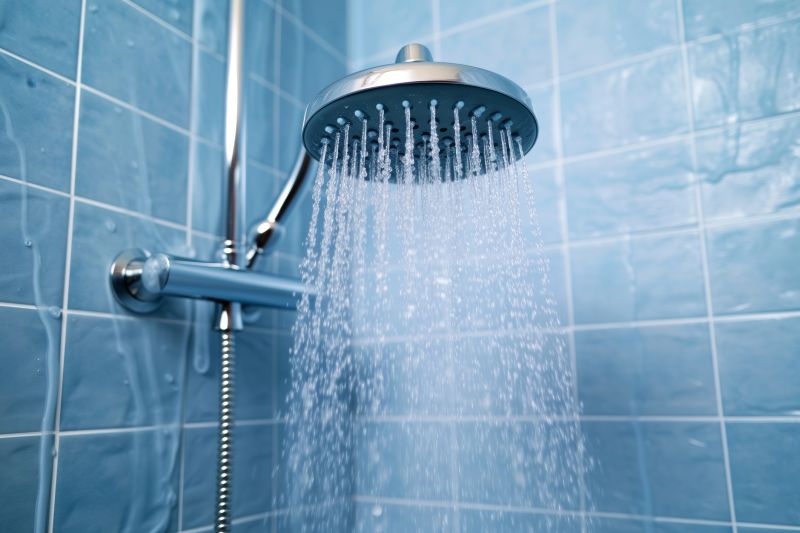
High-end options that actually feel worth it for Shower Installations.
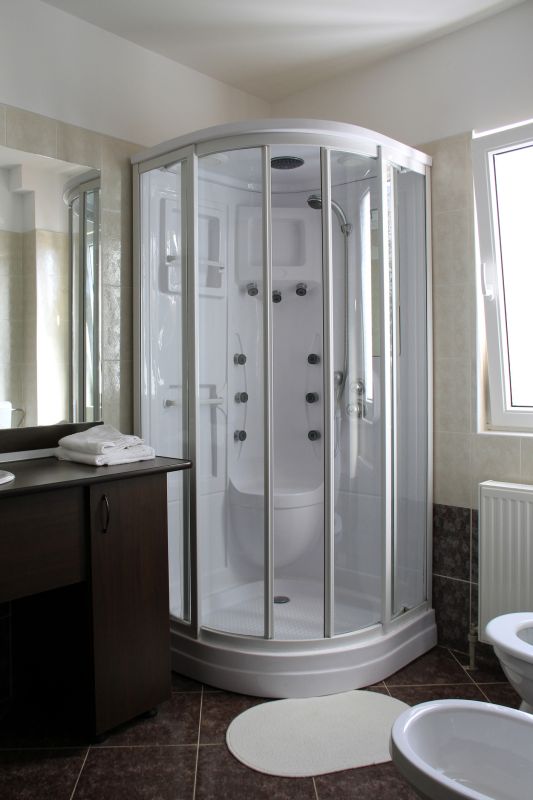
Finishes and colors that play nicely with Shower Installations.
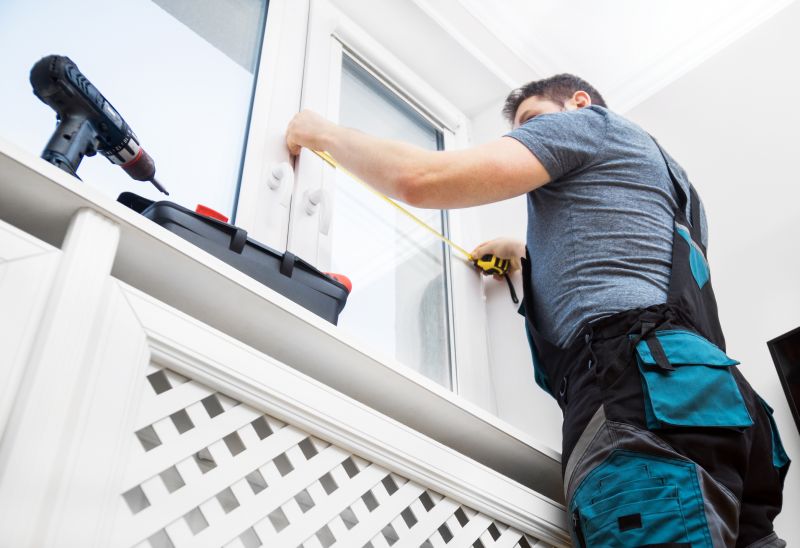
Little measurements that prevent headaches on Shower Installations day.
Statistics indicate that scheduling during moderate weather periods can reduce installation delays by up to 30%. Additionally, planning ahead during off-peak seasons can lead to cost savings and better availability of skilled professionals. Proper preparation and timing are essential for a successful shower installation that meets both functional and design expectations.
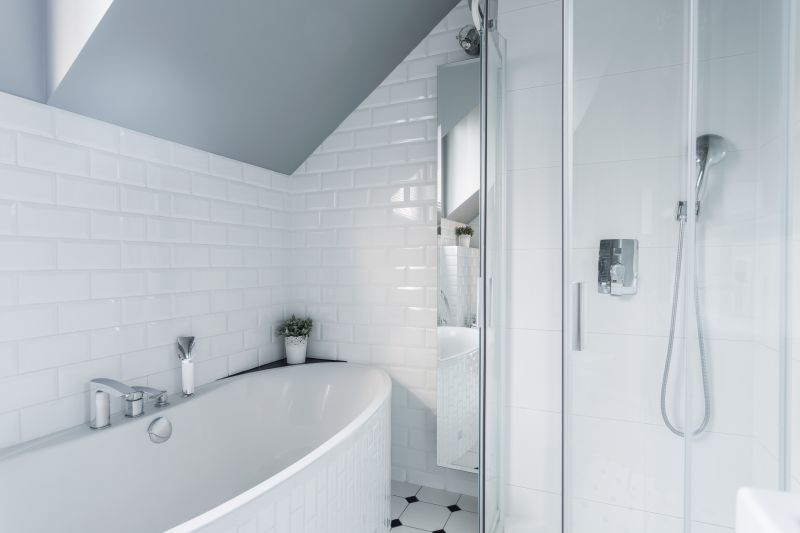
A 60-second routine that keeps Shower Installations looking new.
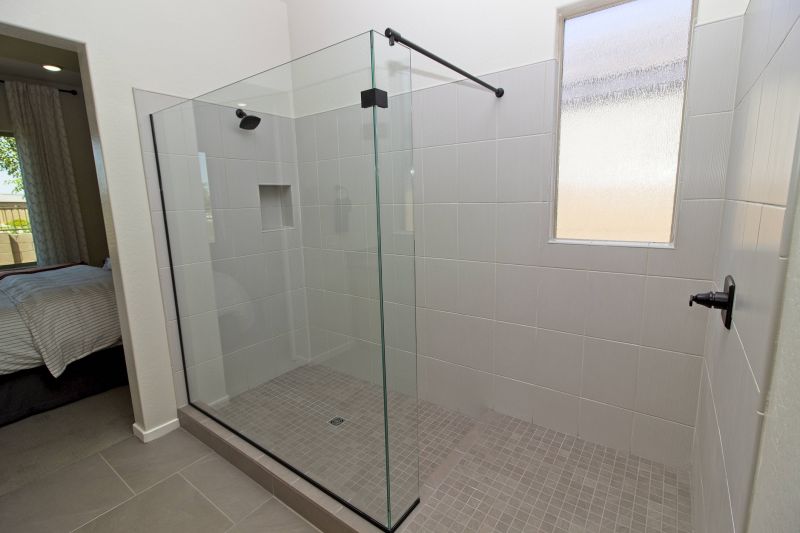
A frequent mistake in Shower Installations and how to dodge it.
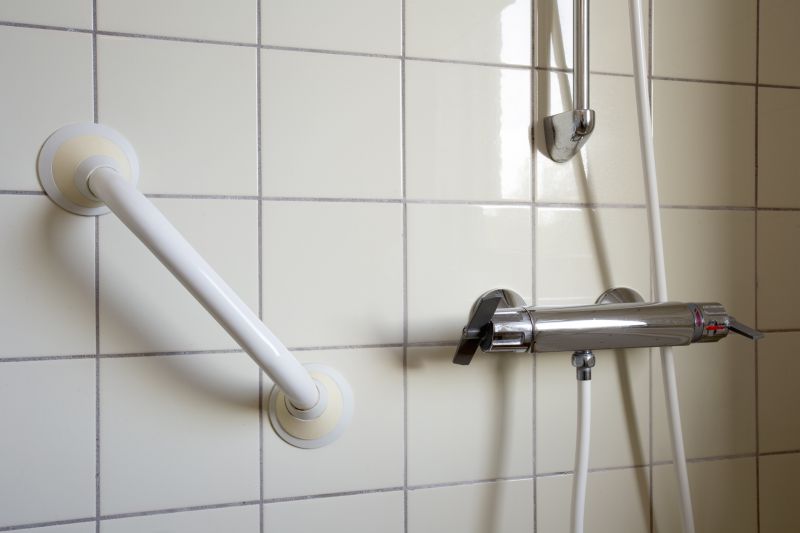
Small tweaks to make Shower Installations safer and easier to use.
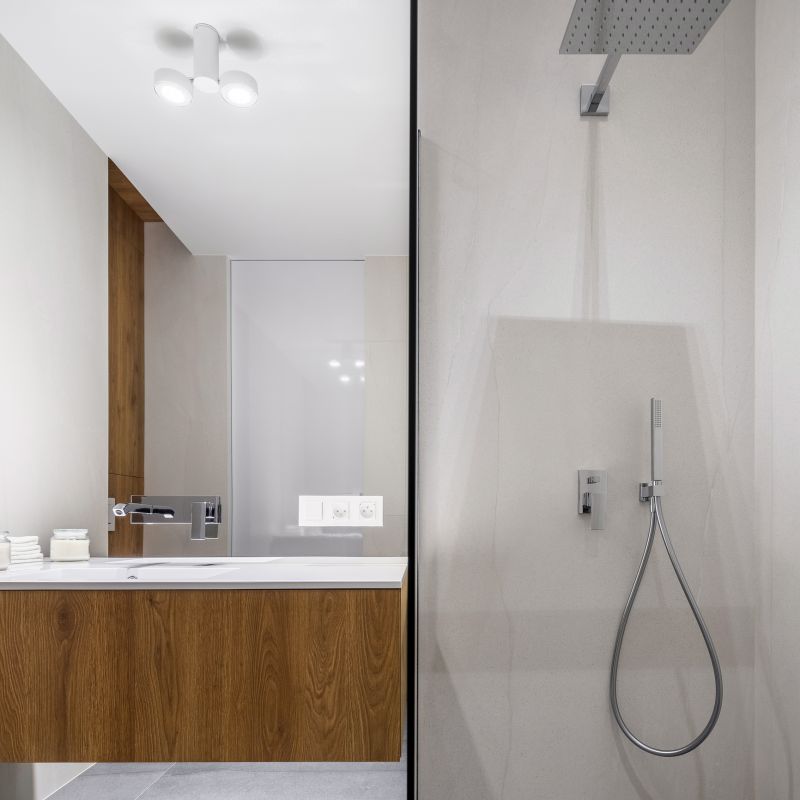
Lower-waste or water-saving choices for Shower Installations.
| Season | Advantages |
|---|---|
| Spring | Optimal weather, good ventilation, and longer daylight hours. |
| Summer | Ease of outdoor access and drying, ideal for large projects. |
| Fall | Less construction traffic, preparing for winter. |
| Winter | Potential delays due to weather, but off-peak scheduling benefits. |
| Late Spring/Early Fall | Balanced weather and availability of resources. |
